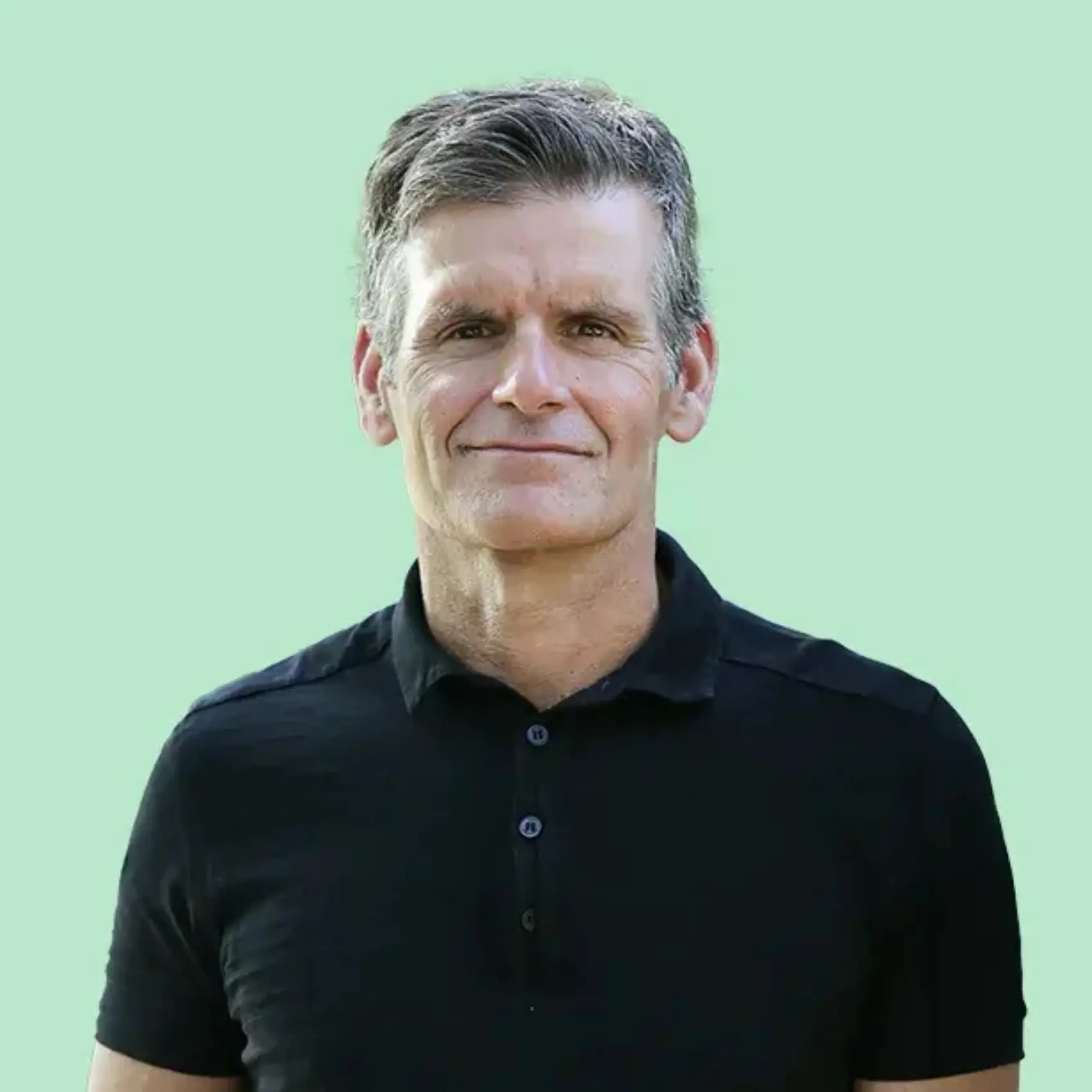How Freshworks is moving upmarket
CEO Dennis Woodside explains Freshworks’ transition into a truly global company
Editor’s note: This conversation with Freshworks CEO Dennis Woodside originally appeared on diginomica. For more of Dennis’s insights on AI, read “Getting started with AI: A proven action plan.”
Investors are delighted with the financial picture: Freshworks stock was upgraded to a “Strong Buy” by Wall Street analysts this week, with shares up roughly 24% year on year. At the time of writing, the company’s market capitalization stands at just under $6 billion—six times the company’s value on its market debut. By all accounts, institutional investors are bullish.
All this tells U.S. that the new economy is a very different beast to that of the 20th century. The 21st century cloud sector is all about revenue and share price. Put another way, it’s about belief and perceived value for investors, rather than profits. It is not for nothing that the rundown of the world’s top 100 most valuable companies is very different to the list of the most profitable, or the biggest by revenue.
But today, Freshworks is emphatically both an American company with 70,000 customers worldwide, and a global one. So says President and CEO Dennis Woodside, who took over from co-founder—now Executive Chairman—Girish Mathrubootham last summer.
Speaking to diginomica on a visit to the U.K., where Freshworks brings in 13% of its bus.iness (40% is in mainland Europe), Woodside says that while its roots remain in India, the company now has broader horizons:
"We have about 4,600 employees, about 3,600 of whom are in India. And almost all our code is written, and the software developed, in India. But that will change as we grow.
"We have a number of professionals who, 20 years ago, couldn't find the kind of roles they wanted in India, so they moved to the U.S., or moved to Europe, and worked for a global organization. But they have chosen to go back to Bangalore or Chennai and work for U.S.
"So, the talent is there to build a global, world-class software company in India. And that's been interesting to experience, and to see.
"But what I want everybody to understand is that we are a global company now. Forty-five percent of our revenues come from the U.S.. So, increasingly we mU.S.t be in the markets with our cU.S.tomers.
"And that's why we're also investing in places like the U.K. for our teams. We have to understand their problems, and we have to show up as a global company. That's the big message I've been trying to land.”

